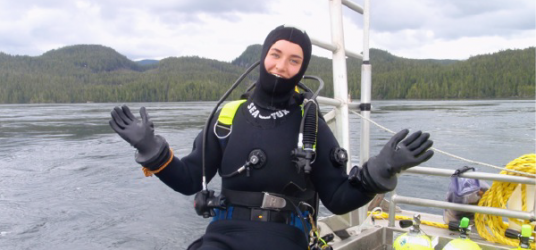
I had the pleasure of interviewing Jill Packham, a 2nd year Biology Co-op student, who was working in Nanaimo, BC and finishing her second work term at the Department of Fisheries and Oceans Canada. She spent her time scuba diving, documenting algae and invertebrate species, hanging out with sea lions and possibly having the best summer ever! Here’s her story:
Jill had been travelling for 6 months backpacking through Central America and was just settling back in SFU Residence, as a Community Advisor. Life was good and easy. Then, she saw this job posting as Marine Dive Biologist with the DFO and was ready to uproot it all to land this job. “Just considering this opportunity and the experience that I was going to get out of it… I thought I’d be crazy not to take the experience. I get to go scuba diving and get paid for it!” A typical day working as a Marine Dive Biologist involves collecting data in the field, either by scuba diving, walking on the beach or driving around on the boat. Then, Jill and her team would head back to the office and perform data analyses and report on their findings
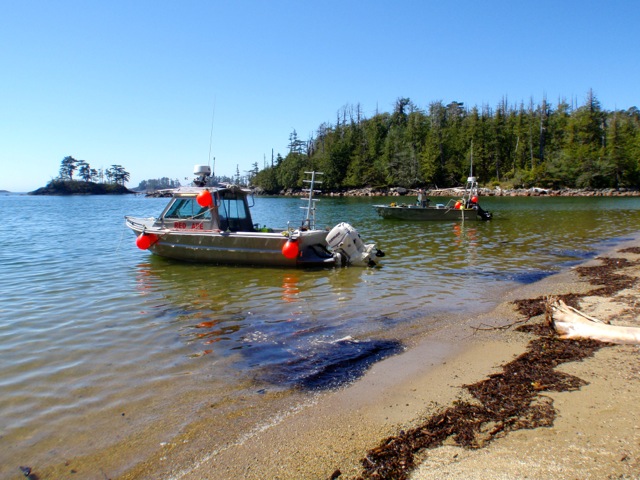 |
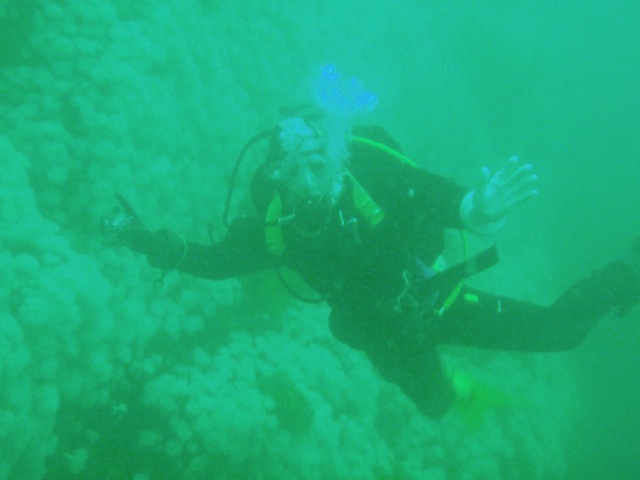 |
Jill was supposed to learn to identify either algae species or invertebrate species but because she was tasked with creating an identification guide, she ended up learning all of the species. “Before we went out on this 3-week trip on the ship, we had to learn about 150 species of algae and invertebrates and we had to be able to identify it just by looking at it. Not only did you have to know what it was, you had to remember a separate code that you had to write down when you saw it underwater. It was a lot to remember so I got a lot of sticky notes and I put them on every item in my book that listed them all. My entire book was covered in sticky notes!”
On top of working in the field, she worked in an office where she gained skills using Microsoft Excel and Access, Systat, and ArcGIS.
“One of my biggest challenges was learning these four programs all at once. Everyone in the office is always busy and I felt bad interrupting them constantly. I share an office with my boss so when I’m asking her every 30 seconds ‘how do I do this? What does this mean?’ I always felt bad. I managed by taking initiative; I came home in the evenings and I watched YouTube videos on how to do it.” She added, “there were definitely moments when I was out on the ship and I woke up and was really tired. Then I remembered, ‘wait a minute! I get to go out and go scuba diving all day – I don’t even care, this is awesome! I can’t believe this is what I’m doing for the summer.’”
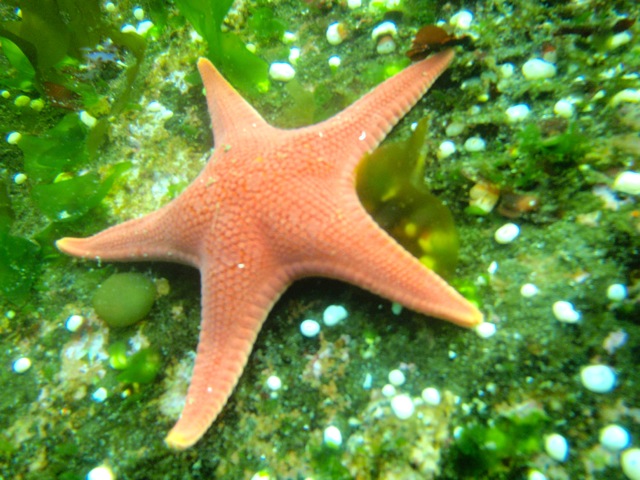 |
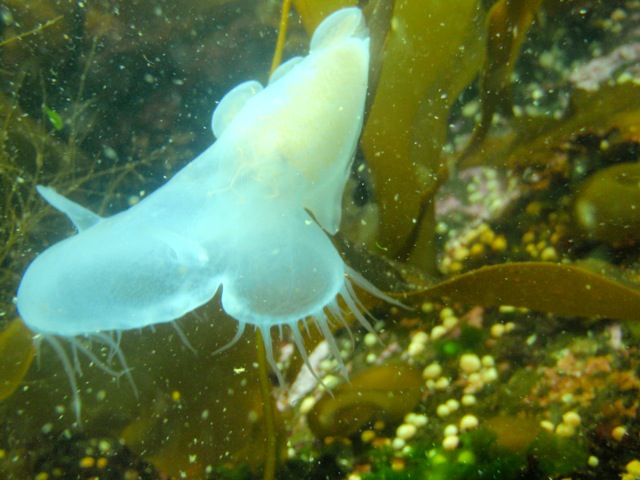 |
Jill struggled to pick just one favorite memorable moment because she had so many! She got to experience a whole new world underwater by scuba diving, gain knowledge on different types of software, create a species identification guide, helm a boat and much more. “A few times when we were out diving, we were visited by seals and sea lions. Sometimes when we were underwater, we would just stop and hang out with them for a little while. It was THE coolest thing.
 |
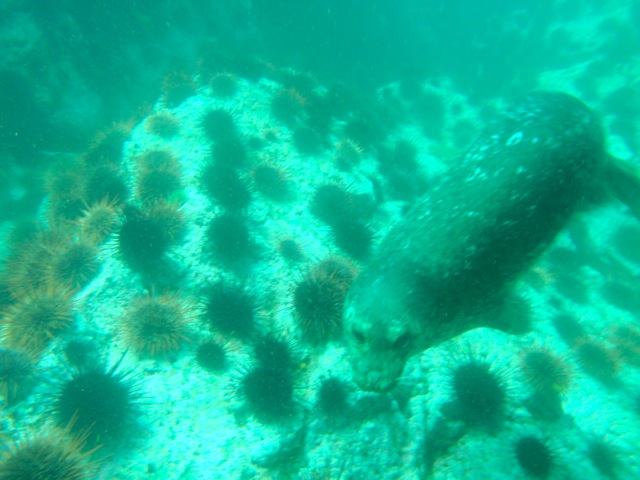 |
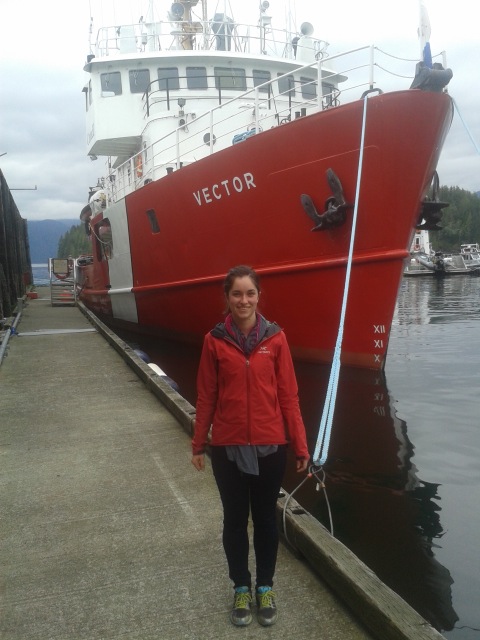
For Jill, Co-op gave her the chance to gain real world experience and try new things that were not available to her otherwise.
“I wanted to join [Co-op] because I thought it was a good opportunity to expose myself to other work placements and jobs that I wouldn’t have the chance to find myself or that I didn’t think I was necessarily qualified for or that I just couldn’t be exposed to. There’s a lot more opportunity with Co-op than there is when you’re just a summer student looking on the Internet.”
To top it off, her Co-op experience at the Department of Fisheries Canada has confirmed her love of field work and biology.
“Apply to jobs that interest you, not just what you think you should apply for. I think there’s a lot more value to come out of something that you really enjoy doing and really excelling at it than there is to something that maybe just looks good on paper.
"Apply for anything that does interest you, even if you don’t think you’re qualified for it. I don’t think I’ve hardly had any jobs where I’ll say ‘Come on! I’m qualified for this!’ so it’s been a lot of learning on every single job I’ve ever had.”
Beyond the Blog
-
To learn more about opportunities like Jill's, visit the SFU Co-op homepage.














